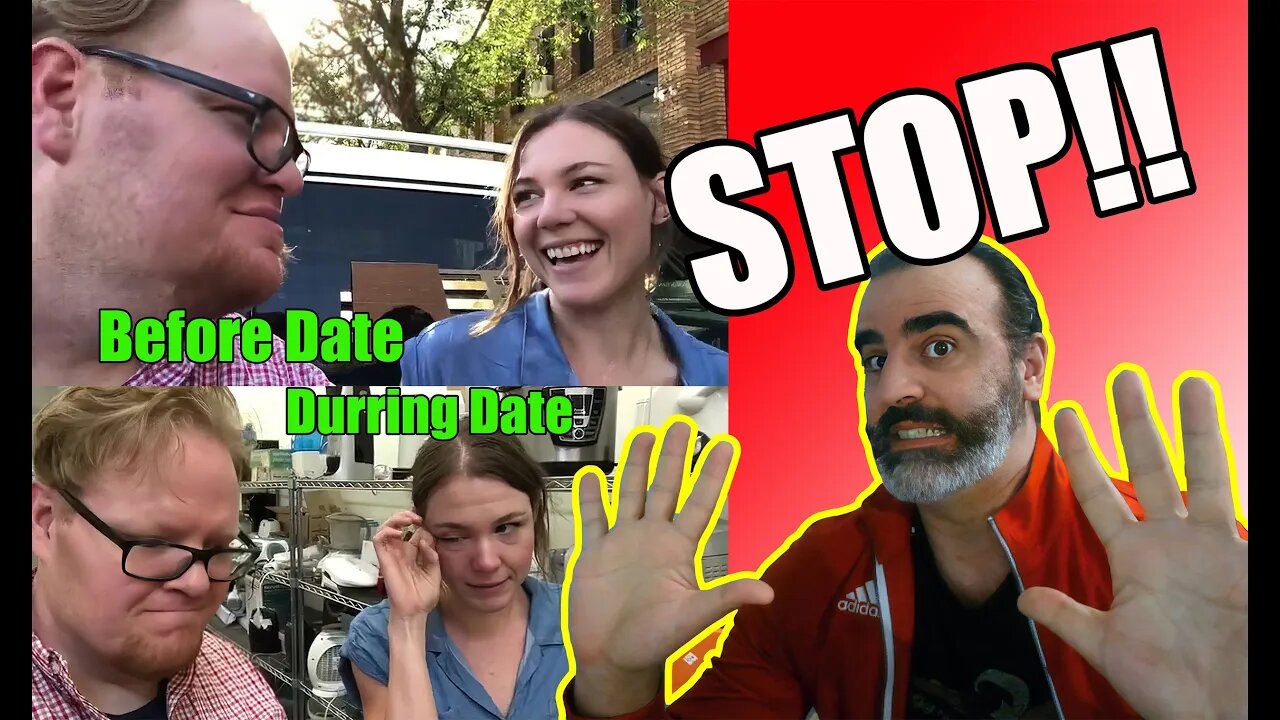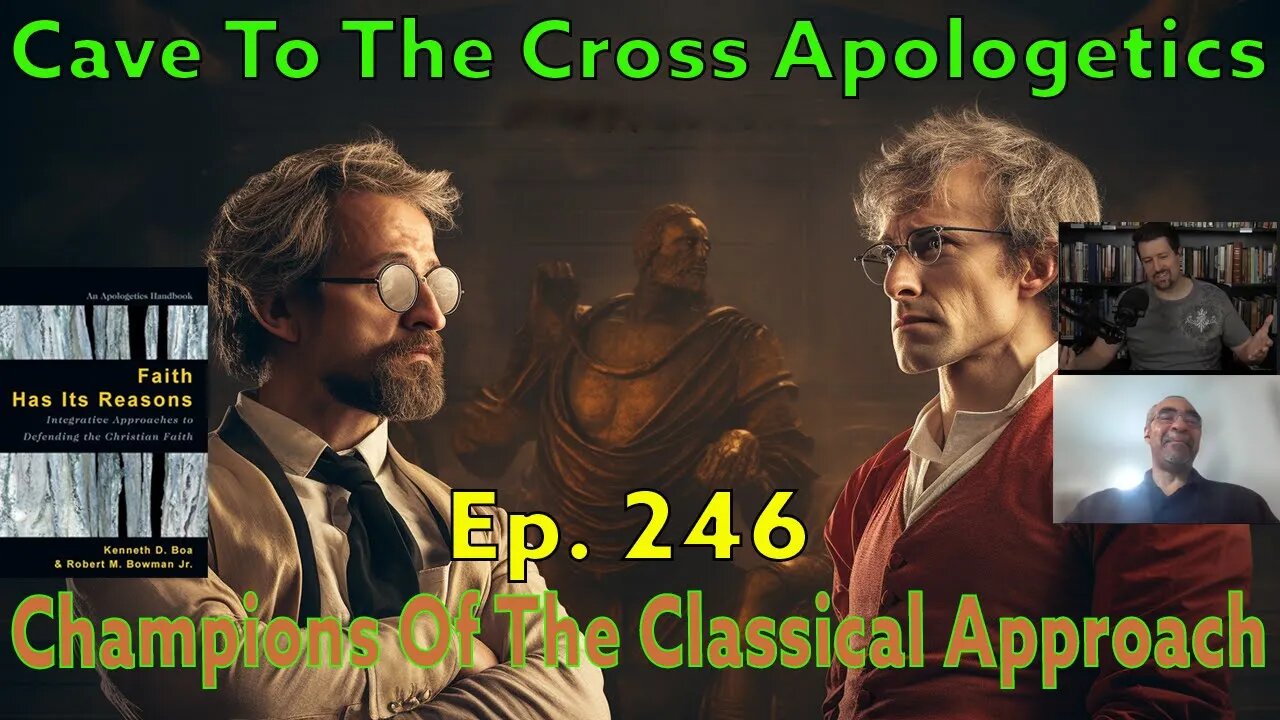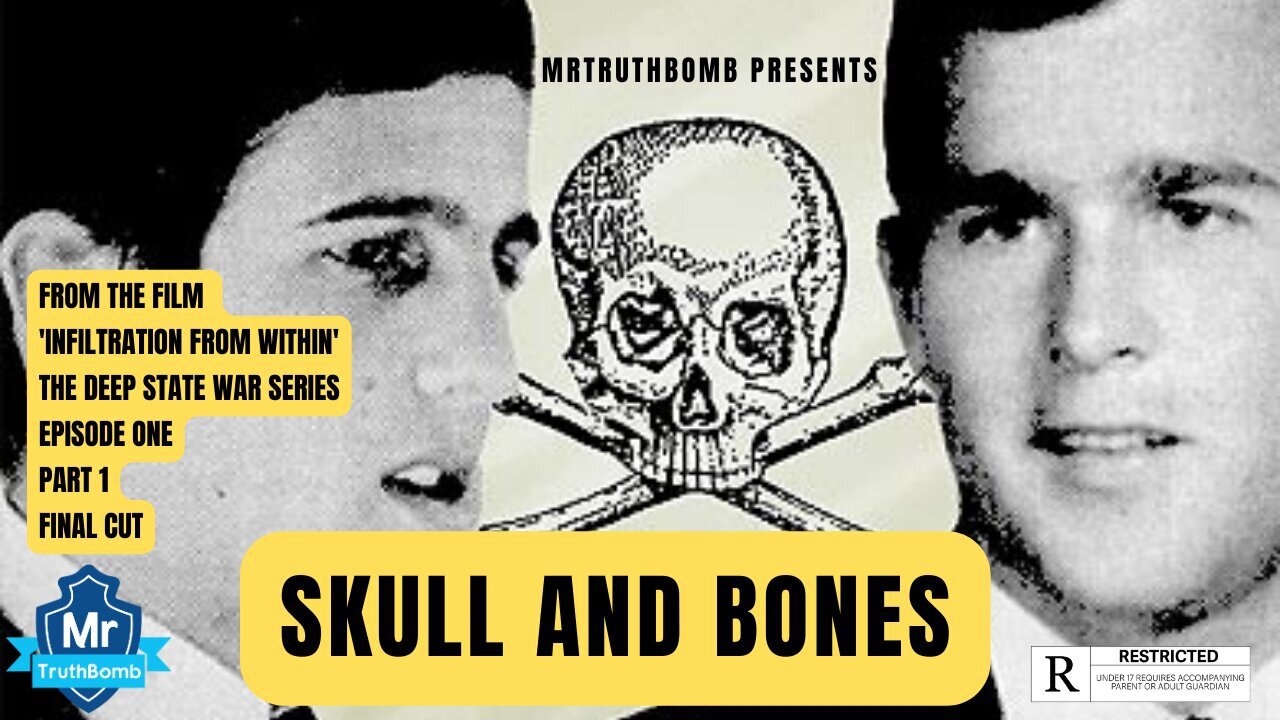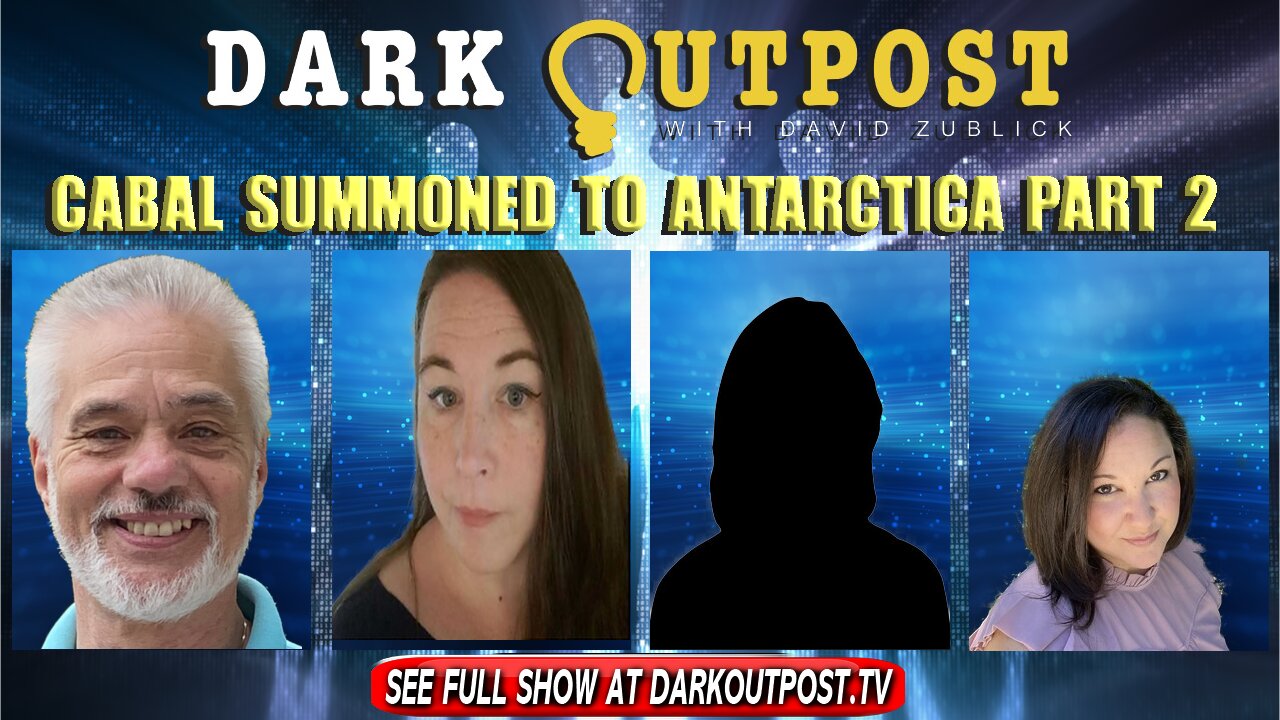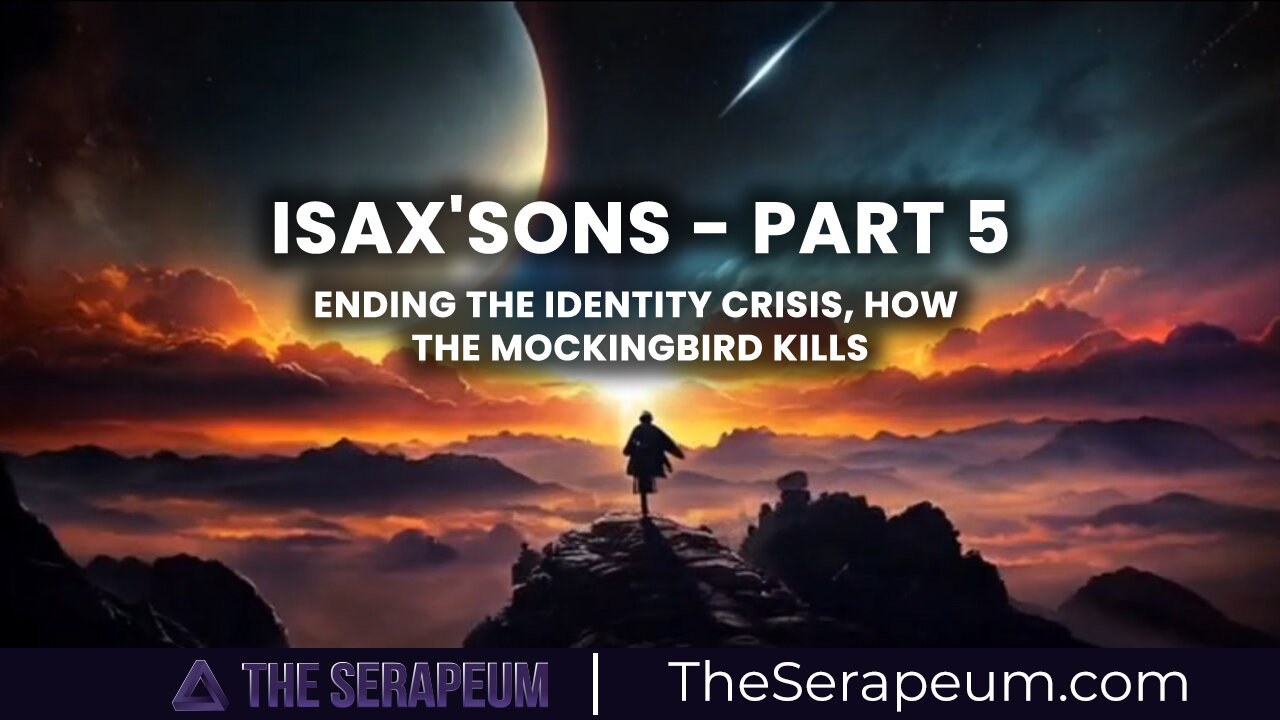DMC Devil May Cry - Kidnapped By The Demons! - Let's Play Part 07
The Kalam Cosmological Argument - Part 1: Scientific
For more resources visit: http://www.reasonablefaith.org/kalam View the Fine Tuning Argument animation video: https://www.youtube.com/watch?v=UpIiIaC4kRA View the Moral Argument animation video: https://www.youtube.com/watch?v=OxiAikEk2vU View Leibniz’ Contingency Argument animation video: https://www.youtube.com/watch?v=FPCzEP0oD7I Reasonable Faith features the work of philosopher and theologian Dr. William Lane Craig and aims to provide in the public arena an intelligent, articulate, and uncompromising yet gracious Christian perspective on the most important issues concerning the truth of the Christian faith today, such as: -the existence of God -the meaning of life -the objectivity of truth -the foundation of moral values -the creation of the universe -intelligent design -the reliability of the Gospels -the uniqueness of Jesus -the historicity of Jesus' resurrection -the challenge of religious pluralism Read more: http://www.reasonablefaith.org/kalam#ixzz2aTrGILv2 We welcome your comments in the Reasonable Faith forums: http://www.reasonablefaith.org/forums/ Be sure to also visit Reasonable Faith's other channel which contains full-length clips: http://www.youtube.com/reasonablefaithorg Follow Reasonable Faith on Twitter: http://twitter.com/rfupdates Add Reasonable Faith on Facebook: http://www.facebook.com/reasonablefaithorg Transcript: The Kalam Cosmological Argument Does God exist? Or is the material universe all that is, or ever was, or ever will be? One approach to answering this question is the Cosmological Argument. It goes like this... Whatever begins to exist has a cause. The universe began to exist. Therefore, the universe has a cause. Is the first premise true? Let's consider... Believing that something can pop into existence without a cause is more of a stretch than believing in magic. At least with magic you've got a hat and a magician. And if something can come into being from nothing, then why don't we see this happening all the time? No... Everyday experience and scientific evidence confirm our first premise—If something begins to exist, it must have a cause. But what about our second premise? Did the universe begin or has it always existed? Atheists have typically said that the universe has been here forever-"The universe is just there, and that's all." First, let's consider the second law of thermodynamics. It tells us the universe is slowly running out of usable energy... and that's the point. If the universe had been here forever, it would have run out of usable energy by now. The second law points us to a universe that has a definite beginning. This is further confirmed by a series of remarkable scientific discoveries... In 1915, Albert Einstein presented his General Theory of Relativity. This allowed us, for the first time, to talk meaningfully about the past history of the universe. Next, Alexander Friedmann and Georges Lemaître, each working with Einstein's equations, predicted that the universe is expanding. Then, in 1929, Edwin Hubble measured the red shift in light from distant galaxies. This empirical evidence confirmed not only that the universe is expanding, but that it sprang into being from a single point in the finite past. It was a monumental discovery—almost beyond comprehension. However, not everyone is fond of a finite universe... So, it wasn't long before alternative models popped into existence. But, one by one, these models failed to stand the test of time. More recently, three leading cosmologists—Arvind Borde, Alan Guth, and Alexander Vilenkin—proved that "any universe which has, on average, been expanding throughout its history cannot be eternal in the past, but must have an absolute beginning." This even applies to the multiverse, if there is such a thing. This means that scientists "can no longer hide behind a past-eternal universe. There is no escape, they have to face the problem of a cosmic beginning." Any adequate model must have a beginning, just like the standard model. It's quite plausible, then that both premises of the argument are true. This means that the conclusion is also true—the universe has a cause. And since the universe can't cause itself, its cause must be beyond the space-time universe. It must be spaceless, timeless, immaterial, uncaused, and unimaginably powerful. Much like... God. The Cosmological Argument shows that, in fact, it is quite reasonable to believe that God does exist.




